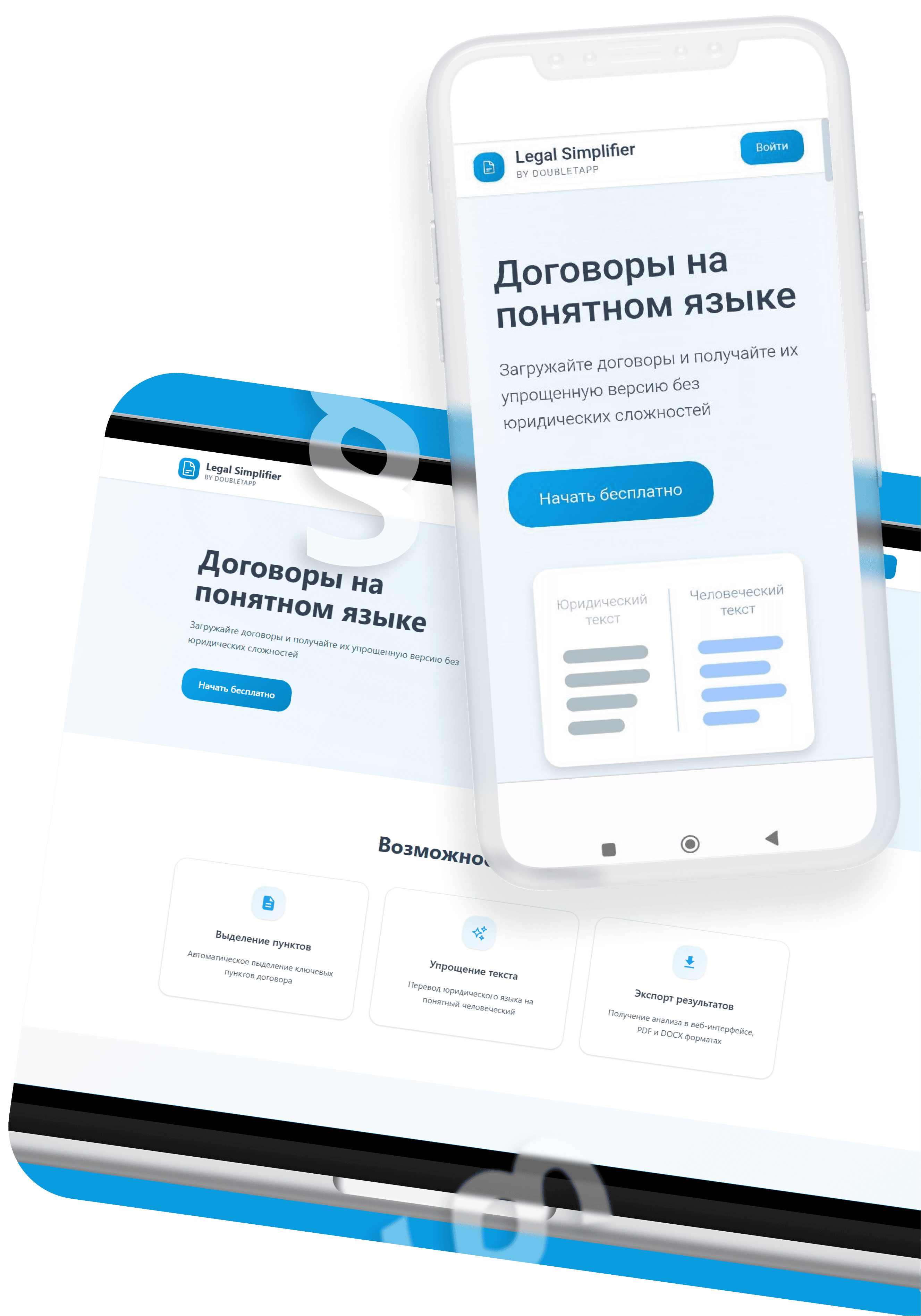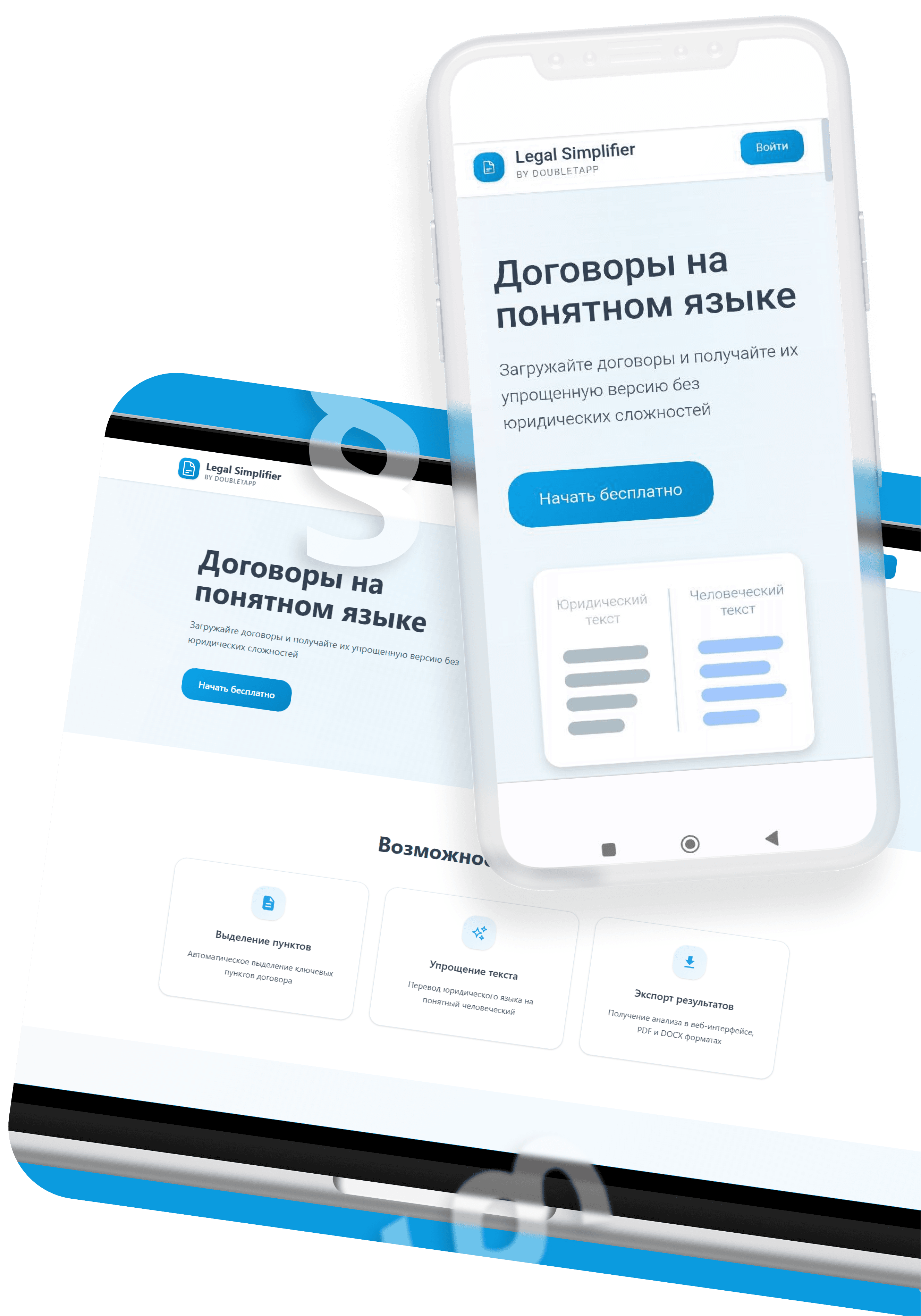Project
About project
About project
About project
Our client is the owner of a fast-growing social network that brings together car and motorcycle enthusiasts across the CIS region.
Users sign up for the network and indicate which vehicles they own. This helps the network owners attract advertisers for specific audiences, offer relevant content, run promotions and giveaways, and moderate user-generated content.
As the community grew, verifying vehicle ownership became increasingly difficult, and spam accounts multiplied. The social network owners didn’t want to lose credibility with their audience. Initially, they planned to require users to upload documents proving vehicle ownership during registration — but quickly realized most people would refuse.
They began searching for a way to verify users without discouraging them from signing up and ultimately decided on a computer vision–based verification app.
Project in numbers
0,000images to train the model
0,000hours within a strict budget
0developers from Doubletapp
Solution
Solution
Solution
We decided that verification could be done if the owner took front and rear photos of their car with both doors open. From these images, the system would detect the license plate, make/model, and color. The information would then be linked to the user’s account.
We collected and processed the data and trained a model that can determine:
- that the object is indeed a car
- that the doors belong to that car and not another
- whether the image is of the front or the rear of the vehicle
The model runs directly on the user's device.
We developed a mobile library (SDK) that the client can integrate into their native iOS and Android apps. Using our SDK, you can open the camera, point it at the car, and — through the trained model — the app will detect open doors, highlight the license plate, and send the information to the server.
We also built a backend that connects to a third-party provider to retrieve the car’s make/model and license plate information.

Result
Result
Result
Initially, the client didn’t expect to receive an SDK — the request was simply to train a model. However, once the model was ready, it needed to be tested, and the project’s tech lead suggested creating a mobile SDK for that purpose. As a result, the client received more than they expected within the agreed budget.
Thanks to our solution, users can now sign up for the social network in just three clicks, while the owner grows a loyal user base and runs targeted advertising campaigns.

Our super team
 DaniilML
DaniilML AndreiiOSAleksandrAndroid
AndreiiOSAleksandrAndroid






